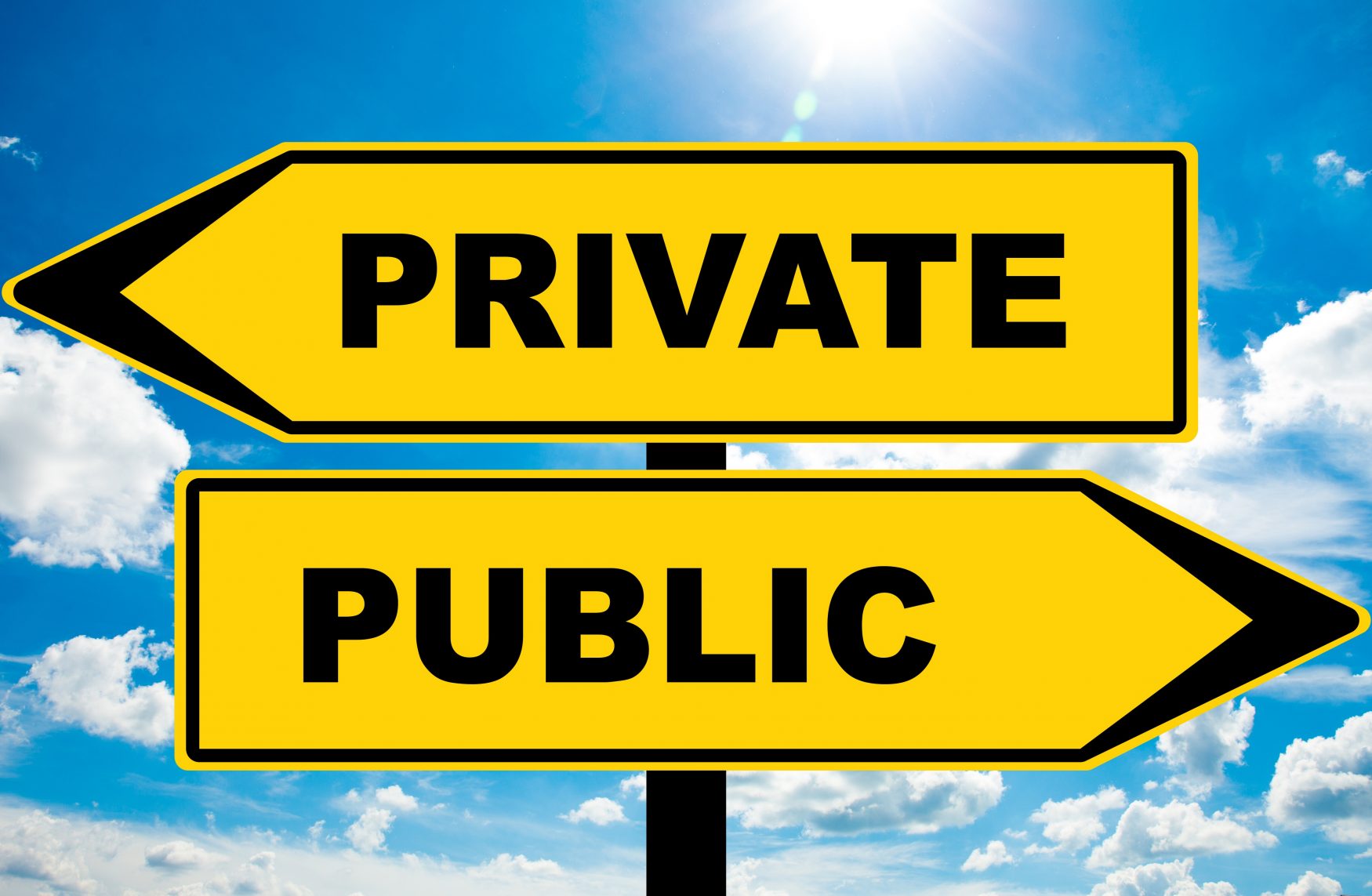
The Privatization Process Allows Private Corporations to Purchase Government Assets
During The Privatization Process The People Lose Control.
Privatization is essentially when a government institution auctions off its assets and services to private companies who can then begin to run them independently.
Sometimes the privatization process involves contracts to lease government assets for only a limited time, other times the assets are sold to a private company permanently.
Some of the effects of privatization have been considered beneficial for the public, such as increased competition, alternatives for consumers, and job opportunities.
More often however, the negative aspects of the process become highlighted and the problems created by privatization have caused civil unrest and mass protest in several countries throughout recent decades.
The privatization process involves corporate directors and their investors, using large sums of money to purchase clout in government circles, lobbying for the politician’s support of their corporate agenda.
Since privatization often requires a corporation to lobby the government to change policies and regulations, the public must also be involved.
The people must consent to the decisions made by their government, without approval from the people a government will fall.
Therefore the corporate yes-men and the government representatives must convince the public to allow privatization efforts to continue, because public outrage can defeat the initiative.
Why Do Governments Privatize Their Assets?
Many times a government will choose to privatize a service or asset simply because it is profitable to do so.
If a service sets a heavy financial burden on the government, usually incurring large annual losses, they may lean toward privatizing.
The belief is that if a service becomes privatized, the free market forces will correct the situation with checks and balances, and the service will become profitable and stable.
This is not always the case, as sometimes an industry cannot be profitable economically no matter what conditions are set upon it, and in a competitive economy that industry would face inevitable failure.
In cases such as this, the industry or service becomes unavailable since no one can afford to provide it.
Despite public resistance to privatizations, it is common for the government to carry through with them anyway in order to cut budgets and minimize the losses of treasury funding.
Why Do Corporation Want to Own Government Services?
Many economists agree the corporation’s main incentive to purchasing assets and services previously operated by the government is the financial profit.
Generally government services exist in monopolistic environments, so gaining access to profits in such a market becomes very tempting.
If one government subsidizes a resource and makes it easily available and very cheap, the markets in other nations around the globe become effected.
Corporations tend to think and act globally when it comes to resource management, so having private control of public resources gives them an edge in all markets.
This ties back into increasing profits for shareholders in the corporation.
There are many reasons why corporations are interested in governments privatizing their services, among them profit and market security are foremost.
In some cases political willpower can also be a operating motive behind privatization.
What Does the Privatization Process Do to the General Public?
The actual economic condition of a situation determines if privatization can become beneficial or damaging for the public.
In many cases, privatization of government services can directly affect the livelihood of the local population.
However, there are cases where privatization does benefit a local economy or the general public, but it must be handled carefully.
In some cases, the privatization of a service can actually drive prices down, in the event that government corruption and waste were causing the problems.
Privatization can also lead to better service and higher product quality, but these cases tend to be rare.
What often happens during the privatization process, is existing services are purchased and renamed to fit the new corporate ownership, and operations continue as usual.
In these cases, prices generally go up to inflate profits, and quality or service standards remain at previous levels.

 My First Amazing Ayahuasca Experience
My First Amazing Ayahuasca Experience  Pine Needle Tea
Pine Needle Tea  The REAL Controllers of Humanity: The Papal Bloodlines
The REAL Controllers of Humanity: The Papal Bloodlines  Is it Global Warming or Cooling?
Is it Global Warming or Cooling?  Gun Rights and Obama Examined
Gun Rights and Obama Examined